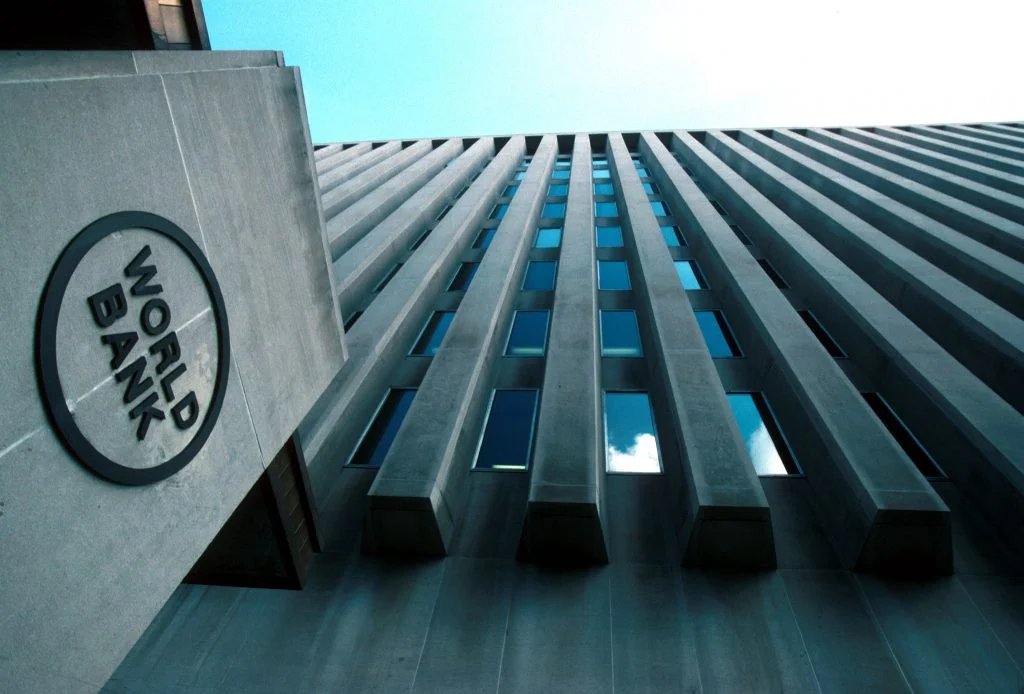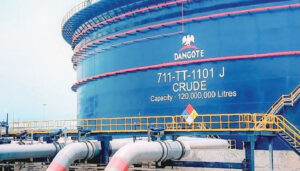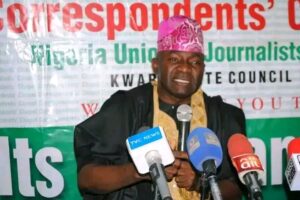
The World Bank has disbursed a $1.5 billion loan to Nigeria to support the federal government’s initiatives on fuel subsidy removal and tax reforms.
This is outlined in a recent World Bank document detailing the progress of the loan.
The loan is part of the Reforms for Economic Stabilization to Enable Transformation Development Policy Financing initiative, implemented over six months.
According to the document, the loan was approved on June 13, 2024, with the first tranche of $750 million disbursed on July 2, 2024, and the second tranche disbursed in November 2024.
Loan Structure and Terms
The $1.5 billion loan was divided into two tranches, each with distinct terms:
1. First Tranche: A $750 million credit from the International Development Association (IDA) with a 12-year maturity and a six-year grace period.
2. Second Tranche: A $750 million loan from the International Bank for Reconstruction and Development (IBRD), offering a 24-year repayment period and an 11-year grace period.
The second tranche disbursement was conditional on Nigeria implementing specific economic reforms, including subsidy removal, exchange rate harmonization, and tax policy reforms.
In October 2024, the Nigerian government submitted a tax reform bill to the National Assembly aimed at reforming VAT policies, simplifying tax laws, and improving tax administration. While the reforms sparked controversy and opposition from some quarters, they were instrumental in meeting the World Bank’s conditions for loan approval.
The government also took steps to deregulate the fuel market, allowing retail prices to align with market conditions and encouraging competition. Furthermore, authorities committed to ending deficit monetization, opting instead to finance deficits through standard debt instruments.
The twin policies of subsidy removal and exchange rate unification have had mixed reactions. Fuel prices have increased fivefold, and the exchange rate has risen significantly, exacerbating the cost of living for Nigerians.
Despite the introduction of palliatives like the disbursement of ₦25,000 to vulnerable households, only about two million households have benefited.
Additionally, the Compressed Natural Gas Initiative, meant to provide a cheaper fuel alternative, remains under-implemented.
The resulting economic pressures have driven inflation to record levels, with headline inflation reaching 34.60% and food inflation hitting 39.93%.
While the reforms have attracted both praise and criticism, the government maintains that these measures are critical for economic stabilization and long-term growth.







